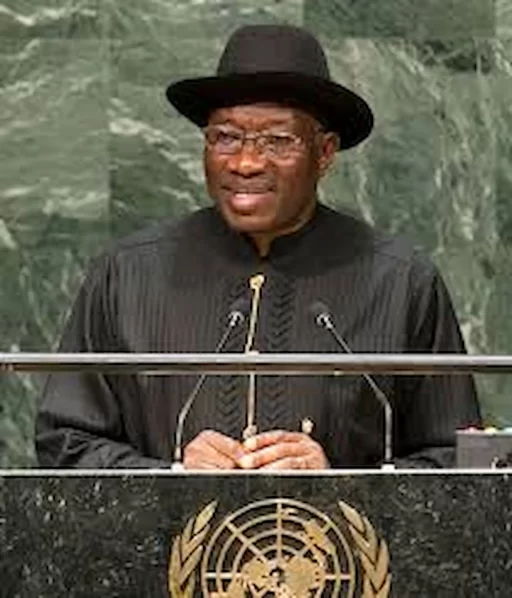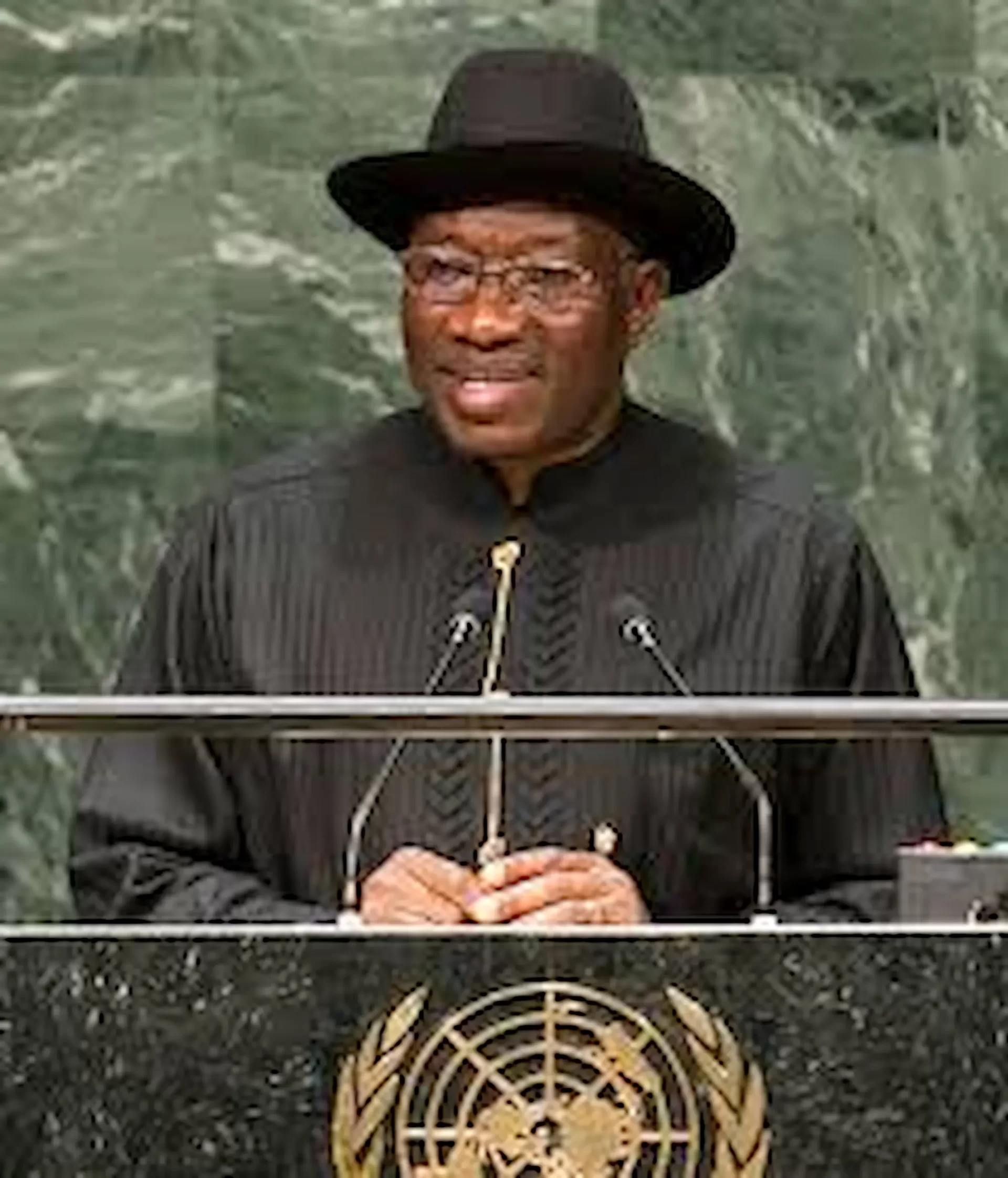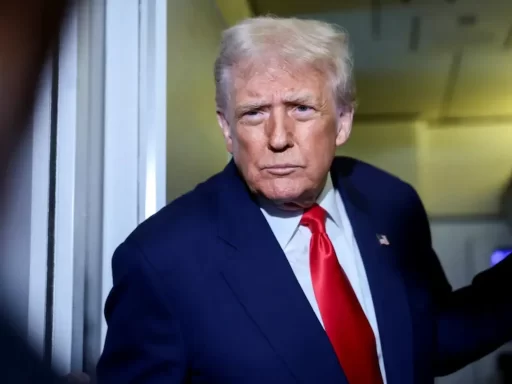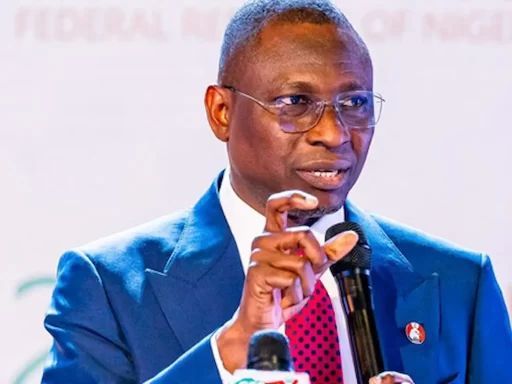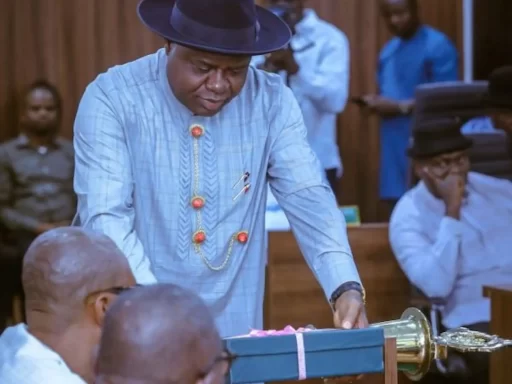Sanusi: Jonathan Suspended Fuel Subsidy Removal Due to Boko Haram Threat
By Naija Enquirer Staff
The Emir of Kano, Muhammadu Sanusi II, has revealed that the suspension of fuel subsidy removal by former President Goodluck Jonathan in 2012 was driven by fears of Boko Haram attacks, not merely public protests. Speaking at the Oxford Global Think Tank Leadership Conference in Lagos, Sanusi who was then the Central Bank Governor and a key promoter of the fuel policy reform described the subsidy as a “hedge” rather than a genuine subsidy.
Sanusi explained that the government promised Nigerians a fixed fuel price regardless of global market shifts. “If oil prices rose from $40 to $140, the government paid the difference. Exchange rates moved from ₦155 to ₦300, the government paid. Interest rates moved from 5% to 15%, the government paid,” he said, highlighting the unsustainable financial burden. He called it a “naked hedge” that risked pushing the nation toward bankruptcy.
“If Nigerians had allowed the government to remove the subsidy in 2011, it would have caused short-term pain, but far less than what we face today,” Sanusi added. He credited Jonathan for showing determination but said that security concerns over potential suicide bomb attacks forced a compromise, with only 50% of the subsidy removal implemented.
Leadership, Values, and the Cost of Corruption
Sanusi used the event to critique Nigeria’s leadership, describing the country as “classless” and accusing many public officials of abandoning moral principles for personal gain. “By the time you become a governor, you should be beyond looking for money,” he said, urging leaders to develop values that transcend material wealth.
Entrepreneur Atedo Peterside echoed Sanusi’s sentiments, blaming corruption and state capture for Africa’s underdevelopment. He praised the government’s recent fuel subsidy removal while lamenting the 2012 disruption of similar reforms. Peterside emphasized that leadership must prioritize service and accountability over self-interest, focusing on policies that reduce poverty and drive inclusive growth.
Investing in the Future
The conference also spotlighted Africa’s investment and infrastructure challenges. Arunma Oteh advocated for “patient capital” long-term investments designed to empower businesses and local communities. Meanwhile, Finance Minister Wale Edun highlighted the importance of Africa’s youthful population in the global workforce and outlined measures to cushion citizens from subsidy removal shocks, including direct payments to 15 million households.
As the debate over fuel subsidies continues, Sanusi’s remarks have reignited national reflection on leadership, courage, and the cost of delayed reform lessons Nigeria may still be grappling with more than a decade later.


